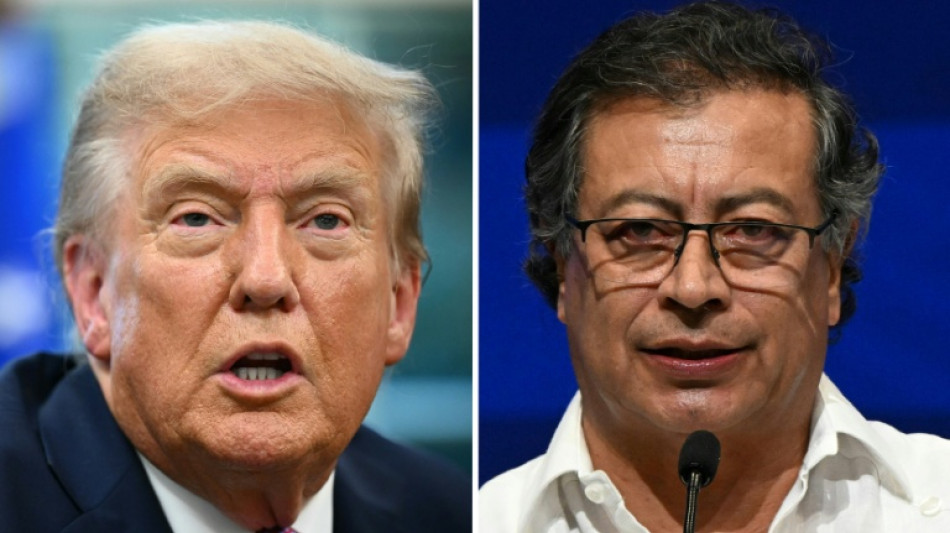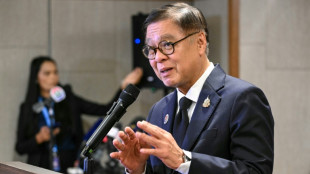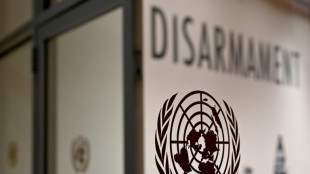

Colombia halts US arms purchases in row over drug fight delisting
Colombia on Tuesday halted arms purchases from the United States, its biggest military partner, after Washington decertified the South American country as an anti-drugs ally for failing to halt cocaine trafficking.
On Monday, President Donald Trump denounced his leftist Colombian counterpart Gustavo Petro for not only failing to curb cocaine production, but overseeing its surge to "all-time records."
Trump added that as a result he had "designated Colombia as having failed demonstrably to meet its drug control obligations."
Reacting to the news, Colombian Interior Minister Armando Benedetti told Blu Radio that "from this moment on...weapons will not be purchased from the United States."
Trump's decertification of longtime ally Colombia, the first in three decades, was seen as mainly symbolic.
It was not expected to significantly affect the millions of dollars provided by Washington each year to Bogota to bolster its fight against drug cartels and left-wing guerrillas funded by cocaine trafficking.
But it was seen as a stinging rebuke of Petro's anti-drug efforts nonetheless.
The former left-wing guerrilla hit back, saying that the Colombian military would end its dependence on "handouts" from the United States.
- An 'erratic' president -
Since coming to power in 2022, Petro, a former guerrilla himself, has championed a paradigm shift in the US-led war on drugs, away from forced eradication to focus on the social problems that fuel drug trafficking.
Under his watch, cultivation of coca, the main ingredient in cocaine, has increased by about 70 percent, according to Colombian government and United Nations estimates.
Writing on X, Petro blamed the figures on "the increase in (cocaine) consumption worldwide, especially in Europe."
"The world needs to change its anti-drug policy because it has failed," he said, adding that cocaine consumption in the United States had only stabilized "because they switched en masse to fentanyl consumption, which is 30 times more deadly."
Washington has conducted assessments annually since 1986 on the anti-narcotics efforts of some 20 drug-producing and distributing countries.
In the case of Colombia, US assistance for anti-narcotics efforts reached some $380 million a year.
"Colombia has been a great partner historically. Unfortunately, they have a president now that, in addition to being erratic, has not been a very good partner when it comes to taking on the drug cartels," Secretary of State Marco Rubio, a harsh critic of leftist leaders in Latin America, said on a visit to Israel.
The decertification comes amid a major drive by Trump against Latin American drug cartels.
On Tuesday he claimed that the United States had "knocked off" three suspected Venezuelan drug boats, up from a previous tally of two.
It is a major blow for Colombia, coming as the military and police reel from a string of deadly attacks by the guerrillas.
On August 21, 12 police officers were killed when breakaway members of the defunct FARC rebel group shot down a police helicopter during a coca eradication operation in the country's northwest.
J.Arvidsson--StDgbl






